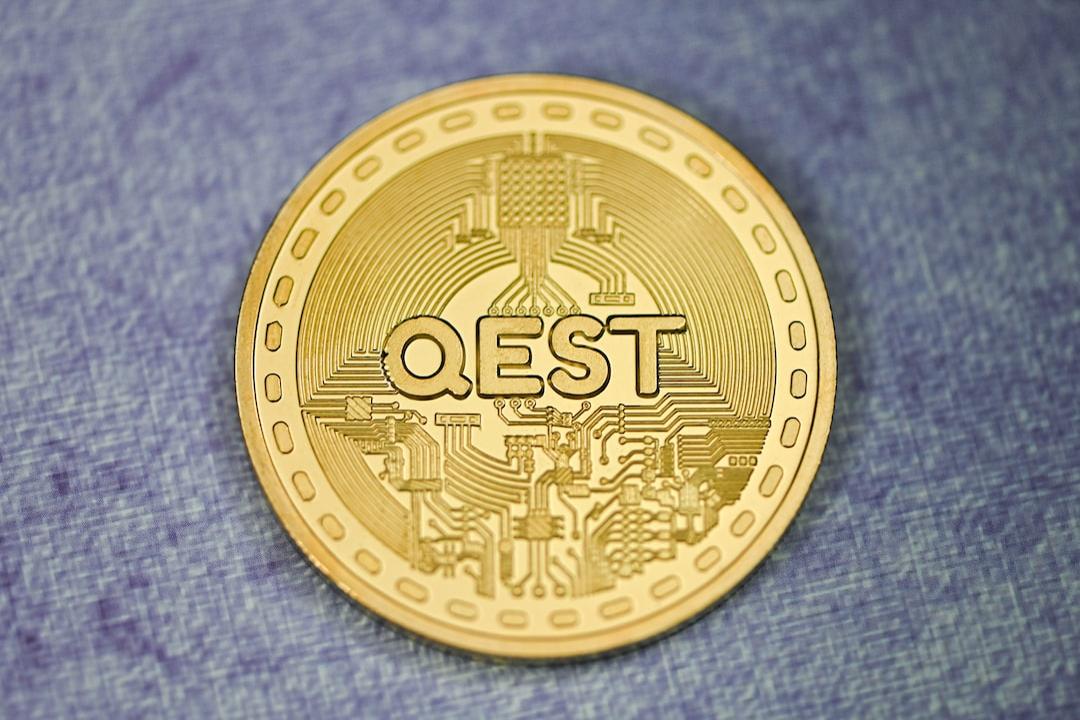The unexpected return of Keith Gill, the man widely recognized as the catalyst for the GameStop short squeeze in 2021, has sparked speculation about the possibility of a GameStop 2.0 scenario. While many are optimistic, at least one analyst remains skeptical.
During the COVID-19 pandemic, Gill played a central role in the GameStop saga, where Reddit traders turned the tables on hedge funds by shorting a struggling brick-and-mortar game store. This resulted in a staggering 1,000% increase in the price of GameStop stock in less than a month.
Some believe that the GameStop short squeeze set the stage for the surge in memecoins like Dogecoin (DOGE) and Shiba Inu (SHIB) as retail investors shifted their focus elsewhere.
Gill went off the grid on social media on June 19, 2021, but made a comeback after a hiatus of nearly three years on May 13. He announced his return with a cryptic meme depicting a gamer sitting up in their chair. Following Gill’s return, GameStop shares rallied by as much as 111%, while DOGE and SHIB recorded gains of 6.2% and 5.4% respectively within 24 hours.
Now, cryptocurrency enthusiasts are hoping that Gill’s return will ignite a similar retail frenzy. However, one analyst, Josh Gilbert from eToro, believes it won’t be as easy this time around.
Gilbert told Cointelegraph that while Gill’s return may lead to short-term movements in these assets, he doubts their longevity. He also noted that the outstanding shorts on assets like GameStop are much smaller compared to 2021, indicating that the upside potential would likely be limited.
Gilbert further pointed out that with the current global cost of living crisis and high interest rates in the United States, consumers are unlikely to be in the same position as they were in 2021, which will significantly impact their financial decisions.
On the other hand, crypto enthusiasts have a simpler thesis for their optimism. They believe that the recent integration between Robinhood and decentralized exchange Uniswap will attract a new wave of GameStop enthusiasts who will start buying memecoins and other cryptocurrencies through the app.
However, Gilbert disagrees and emphasizes that investors are now more aware of how speculative rallies often end, leading them to exercise greater caution.
In conclusion, Gilbert believes that the circumstances are vastly different from 2021, making a similar rally unlikely. He argues that investors are now more informed and cautious, and there are numerous other factors at play.
During the GameStop saga, several GameStop-related memecoins, including one called GameStop (GME), experienced massive spikes in value. The GME memecoin, which has no official affiliation with the company, surged by over 3,650% in a single day, according to Birdeye data.
The question now remains, are memecoins a betrayal of crypto’s ideals or their true purpose?

